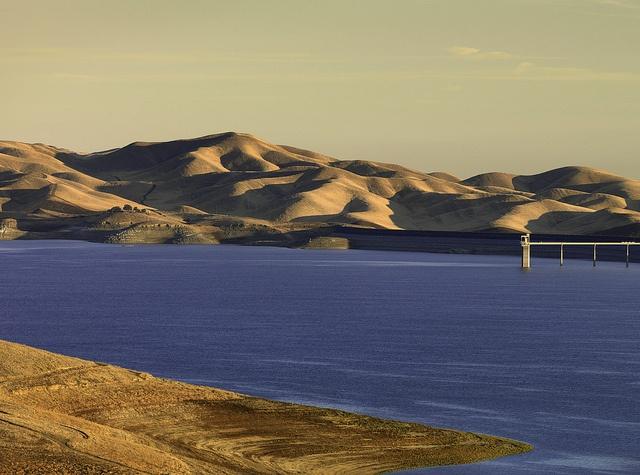
According to a Washington State University study, the world’s reservoirs create more greenhouse gases than all of Canada. The paper, to be published this week in the journal BioScience, also found that reservoirs in particular contribute a large portion of the world’s methane emissions, a greenhouse gas the U.S. Environmental Protection Agency suggests is 28 to 36 times more potent than carbon dioxide. The amount of greenhouse gases from all of the globe’s reservoirs could be as high as about 1 gigaton, or about 1.3 percent of all emissions generated by human activity.
The study could roil the global hydropower sector, a provider of as as much as 16 percent of the world’s electricity, as many of the world’s reservoirs store water before it flows through a turbine. The U.S. alone is home to over 1,600 of these hydropower installations, which supply power across all 50 states.
Although it may not be obvious to people who have long enjoyed reservoirs for the recreation options they offer, scientists have long known that reservoirs release a significant amount of methane. In contrast to bodies of water that formed naturally over time, reservoirs have often flooded areas that contained massive amounts of organic matter. Hence the methane “bubbling” that researchers say is the cause of these emissions. Add the fact that many reservoirs are the receptacle for materials such as phosphorous and nitrogen which flow in from rivers and streams, and the result is that these bodies of water become generators of nitrous oxide, carbon dioxide and methane. Now the Washington State study posits that reservoirs emit 25 percent more methane than scientists previously thought.
The research also challenges the conventional wisdom that reservoirs in tropical areas emit more greenhouse gases than those in colder climates. The scientists who worked together on this study concluded that a reservoir’s contribution to greenhouse gas emissions depends on how biologically active it is, as algae and other organisms are behind the release of methane gas.
Whether this study moves the needle on global debates centered on climate change, sustainable development and renewable energy remains to be seen. Countries invested in hydropower for decades as it supplies citizens and businesses a cost-effective means to generate electricity – and now it is seen as a key to ending dependence on fossil fuels such as coal and natural gas. Then there is the social benefit of reservoirs, as they offer many citizens opportunities to enjoy the outdoors.
But if any “winners” from this study had to be named, there are definitely two groups vested in the global water industry that could benefit in the long run. First, proponents of aquifer recharging, a process that must scale if the world is going to be able to supply reliable sources of water for citizens. In addition, proponents of desalination technology -- a process that's now an energy hog but has the potential to become more sustainable -- will want to point out that coastal areas will need to rely on this source of fresh water as space for future reservoirs will come not only with a huge financial cost, but possibly with its own environmental price tag as well.
Image credit: California State Parks/Flickr

Leon Kaye has written for 3p since 2010 and become executive editor in 2018. His previous work includes writing for the Guardian as well as other online and print publications. In addition, he's worked in sales executive roles within technology and financial research companies, as well as for a public relations firm, for which he consulted with one of the globe’s leading sustainability initiatives. Currently living in Central California, he’s traveled to 70-plus countries and has lived and worked in South Korea, the United Arab Emirates and Uruguay.
Leon’s an alum of Fresno State, the University of Maryland, Baltimore County and the University of Southern California's Marshall Business School. He enjoys traveling abroad as well as exploring California’s Central Coast and the Sierra Nevadas.














